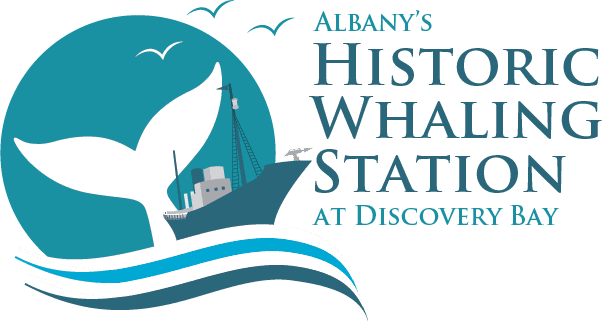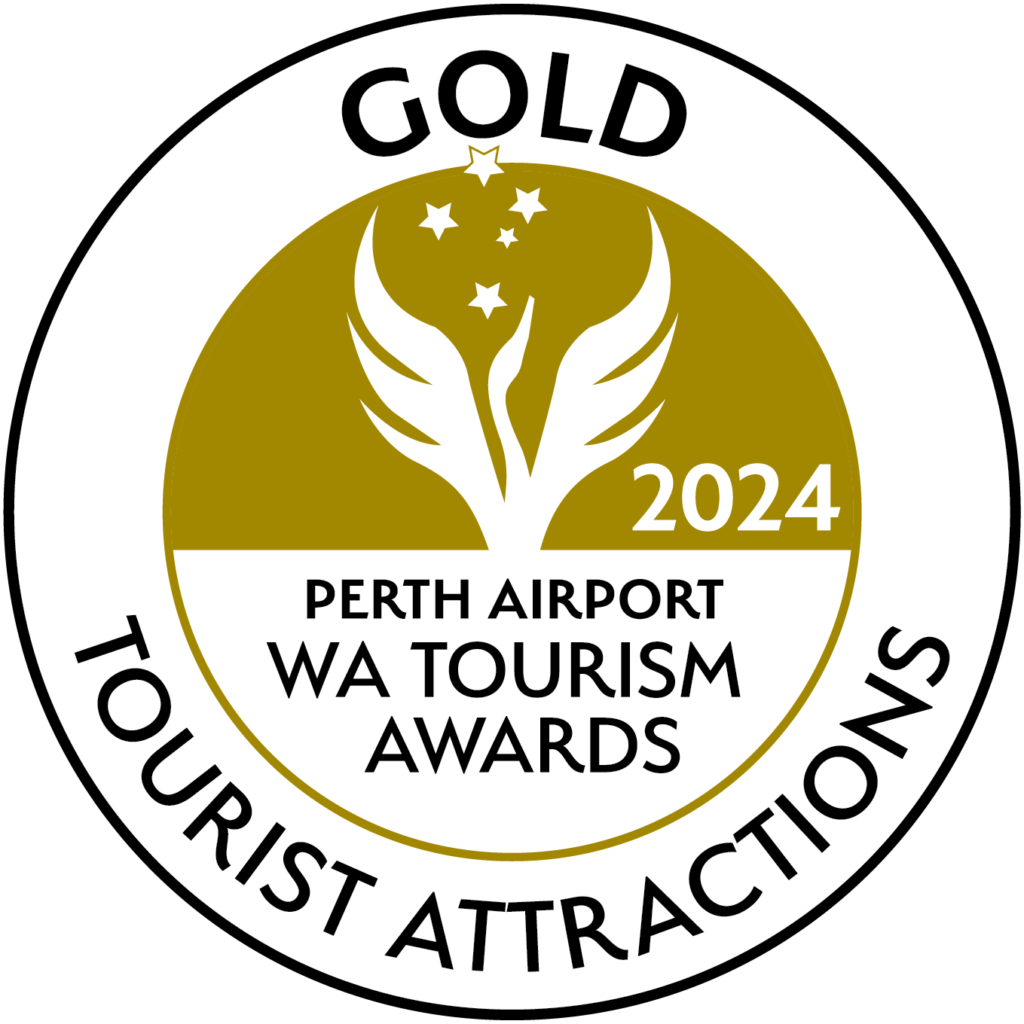Opening Hours?
We are open 7 days, 9am to 5pm.
The Historic Whaling Station opens at 9am to 5pm - Every Day, last entry 4.15pm daily.
The Australian Wildlife Park & Regional Wildflower Gardens open 10am to 5pm - Every Day.
The only day we are closed is Christmas Day, 25th December.
How far is the Historic Whaling Station from Albany?
We are located at the end of Frenchman Bay road, a 25 minute drive (20km) from the Albany city centre.
How do I explore the Historic Whaling Station?
Our site is completely self-guided, so once you have your entry ticket and map you can start your adventure and find yourself immersed in the sights and sounds of the whaling industry. Enjoy short films within the converted whale oil tanks. Climb aboard the Cheynes IV, the world’s only preserved Whalechaser ship; see our giant blue whale skeleton; enjoy our world-renowned marine animal art collection and view our precious scrimshaw art. Visit our museum exhibits filled with authentic, whaling artefacts and memorabilia.
What is the suggested time required to explore the Historic Whaling Station?
Most visitors spend 2 to 3 hours exploring the Historic Whaling Station, there is so much to see.
What is the suggested time required to explore the Australian Wildlife Park & Regional Wildflower Garden?
Most visitors spend 1 hour exploring the Australian Wildlife Park & Regional Wildflower Garden.
If I run out of time to see everything in one day, can I come back?
Yes, we offer a free return if you run out of time to see everything in one day. Speak to our ticketing team during your visit and they can extend your entry ticket to the next day, terms and conditions apply.
Is the Historic Whaling Station wheelchair and pram accessible?
Yes, the majority of our site is accessible by wheelchairs and prams. Some large motorised wheelchairs may experience restrictions within the Wildlife Park and toilets in the main building. The only location not accessible is inside the Cheynes IV Whalechaser ship, as visitors need to descend stairs and steps to explore the inside of the ship. There are also wheelchairs available to hire for free during your visit. Please contact our team on (08) 9844 4021 if you would like to discuss your access needs further.
Can I bring my own food and drinks?
Yes, we have undercover picnic areas in the Historic Whaling Station and the Regional Wildflower Garden, with free gas BBQs available. Please note, for the health and wellbeing of our animals, no food or drinks can be brought into or consumed in the Wildlife Park.
Can I feed the Australian Wildlife?
For the health and safety of our wildlife it is not possible to feed them. However, our wildlife keepers interact daily with the animals and regularly change feeding routines, so you never know, you could be here to witness dinner time.
Can I bring my pet?
The Historic Whaling Station site allows entry to Assistance Animals only. Assistance Animals are medical aids and recognised by Australian Law.
Pets and emotional support animals are not recognised by Australian Law and are not permitted to enter the Historic Whaling Station site.
When visiting with your Assistance Animal, please ensure they have/are wearing visible signage/branding so our team can easily recognise them as an Assistance Animal and provide entry.
No animals, including Assistance Animals, are allowed into the Wildflower Garden or Wildlife Park, as this is a biosecurity zone.
What else is there to explore near Albany’s Historic Whaling Station?
There are many beautiful natural attractions to explore near us. These include Frenchman Bay, Goode Beach, the Salmon Holes, Stoney Hill, the Blowholes, Jimmy Newells, the Gap & Natural Bridge and many more.
COVID-19 information
We are committed to providing a safe environment for all during the COVID-19 pandemic and have implemented our COVID Safety Plan which includes the following so all staff and patrons are kept safe.
Maintaining hygiene standards
- Frequent cleaning of high traffic/touch areas.
- Hand sanitiser stations at entrance and throughout complex.
- Contactless payment options available.
- Signage to encourage good hygiene.
- Extensive daily cleaning of all visitor areas.
- Staff have completed the AHA WA COVID-19 Hygiene training course.
Maintaining physical distancing by carefully managing shared spaces.
- Floor markings and arrows to indicate traffic flow and 1.5m physical distancing.
- Sneeze guards at ticketing/retail counter.

